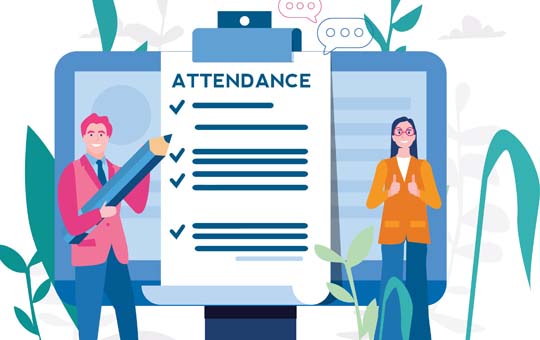Follow the conference on X #exclusionsconference
“There is clearly a very serious problem facing schools with rising incidents of challenging behaviour and in particular persistent disruptive behaviour. This has become a great deal worse since the pandemic where many children experienced disruption to their education and isolation that are continuing to have a lasting impact. The whole system is teetering on the brink of collapse and the government must show urgency in addressing these problems.”
Pepe Di’Iasio, General Secretary of the Association of School and College Leaders, comments on the government statistics on suspensions and permanent exclusions in England in the Autumn Term 2023 to 2024
Join us for this one-day conference dedicated to addressing one of the most pressing issues in education today: reducing school suspensions and exclusions. Data published by the DfE in November 2024 has shown that suspension and exclusion rates have increased at a worrying rate. With persistent disruptive behaviour accounting for 50% of suspensions and 36% of permanent exclusions.
This conference will delve into effective strategies for early intervention, the implementation of a robust behaviour curriculum, and the integration of trauma-informed approaches to reduce suspensions and exclusions. Gain invaluable insights from industry-leading experts who will share best practices and actionable strategies for creating more inclusive educational environments and improving student behaviour.
Discover the transformative power of collaboration as we explore the essential roles of educators, parents, and mental health professionals in reshaping the approach to discipline within schools. Learn how to implement effective reintegration strategies for students returning from suspensions and tackle the challenging issue of internal truancy through proven techniques and approaches. This conference will equip you with the tools to tackle suspensions and exclusions in your school, fostering a more supportive, engaging, and equitable learning atmosphere for all students
Who should attend?
Headteachers, Deputy and Assistant Heads, Behaviour Leads, DSLs and other members of the SLT.
This conference will enable you to:
Come away with strategies for implementing early help for students vulnerable to suspensions and exclusions, emphasizing the role of staff training
Identify practical steps to use inclusion practices to reduce school exclusions
Explore methods to develop a more representative curriculum that increases student engagement and ensures equitable access
Identify key indicators for students at risk of exclusion or suspension and learn how to tailor support plans to their specific needs
Explore effective strategies for engaging vulnerable learners, including those who are looked after or disengaging from education, emphasizing the role of the designated teacher
Master techniques for empowering staff to manage and respond to persistent disruptive behaviour effectively
Learn about the effects of early trauma on behaviour and the likelihood of suspension or exclusion, with strategies for building supportive relationships
Discover methods to support children in managing their trauma effectively, thereby reducing disruptive outcomes
Learn techniques to ensure the foundational aspects of your school's behaviour curriculum are effectively established to support a positive learning environment
Explore innovative teaching methods and strategies for consistent and clear implementation of behaviour management policies, including the role of sanctions
Grasp the essentials of a whole-school approach to behavioural issues, promoting a consistent and supportive environment
Discover what constitutes an effective reintegration strategy for students returning from suspensions
Learn to coordinate reintegration efforts among school staff, students, parents, and external parties to maximize effectiveness
Understand the importance of consistent disciplinary measures for internal truancy and best practices for implementation
Learn how to effectively record and track truancy incidents and engage with parents to reduce occurrences





